Welcome
I started this blog in 2013 to share my reflections on reading, writing and psychology, along with my journey to become a published novelist. I soon graduated to about twenty book reviews a month and a weekly 99-word story. Ten years later, I've transferred my writing / publication updates to my new website but will continue here with occasional reviews and flash fiction pieces, and maybe the odd personal post.
|
Here are two moving recent reads about families confronting a life-changing decision by one of their members and the changes they must make to accommodate this. The first is a trans novel published in 2015 which I’ve only just discovered; the second is a story I loved when I first read it on its publication in 2002.
2 Comments
Two novels about a difficult patch in a long marriage, complicated by difficult relationships with the couples’ offspring. The first is the best book I’ve read so far this year. The second, by a more famous author, doesn’t come anywhere near.
Allow me to introduce two novels about the marginalisation of women’s experience: the first set in sixteenth century Strasbourg where the church rules hearts and minds; the second in contemporary a South Africa grappling with its colonial past. Both include a scene of arson, but that is not the worst of the violence.
Two translated novels – the first from Hebrew, the second from French – about young people invited to apply for grants to support their ambitions, which lead them into damaging situations. The first is about a tour guide to the Nazi death camps; the second about a teenage dancer groomed for abuse (with a section from the point of view of her school boyfriend, who feels burdened by his Jewish heritage). They question whether the legacy of such cruelty is to forgive, forget or become monsters ourselves. Difficult subjects, but both an easy and worthwhile read.
Here I introduce two translated novellas – the first from Italian, the second from French – about the bond between siblings, survivors of damaging childhoods. They illustrate the difficulties of closing the door on the past.
The human mind has a wonderful capacity to protect us from unbearable memories, but there’s always a cost. As the narrators of these two novels discover when circumstances compel them to spend time with the mothers from whom they’ve grown apart. Read on to see which takes your fancy; I can heartily recommend reading both.
Allow me to introduce you to two translated novels, set on different continents a century apart, in the aftermath of wars that, for some, will never end. The first is set in contemporary Angola, a country rich in minerals but economically poor, hampered by twenty-five years of civil war; the second takes place in France, at the end of the First World War, a war which will continue to impact on the members of one small family for the rest of their lives.
Forgive the tenuous connection between these recent reads, the first featuring harem women in Egypt at the beginning of the twentieth century and the second a contemporary Italian girl who grows into a woman while imprisoned in a container. While you might shudder at the latter, I urge you to give it a chance, as it’s one of my favourite reads of 2021.
Well, what do you know? I can’t recall when I last read a novel featuring a kidnapping, and then two come along at once, both published (in the UK at least) on the same day (May 6). It’s worth noting, however, that I wouldn’t have flagged them as kidnap stories if I were posting these reviews individually. But it does distinguish them from the many other novels I might read about friendship and women’s lives from childhood to middle age. The first is set in the USA and the second in Nigeria and, if either sounds like your kind of story, don’t hesitate to get yourself a copy.
I’m sharing my reflections on these recent reads about the aftermath of a family tragedy, the first set in 1970s rural England and the second in contemporary Alabama. Both are by women writers whose previous novels I’ve loved and I’m delighted to say they didn’t disappoint.
Only one of these three recent reads is classed as a horror novel and, although not my usual genre, it turned out to be my favourite of the three. But we don’t need to evoke the supernatural to scare ourselves: there are real-life horrors in each of these stories. In the first, a translation, war has killed many and put the survivors’ lives on hold. In the second, set in rural Cumbria, the spooky happenings are extra disturbing for a man with unprocessed memories of violence from childhood, as well as his helplessness in the face of his wife’s agonising three-day labour. The third is a 1960s classic set in a horrific – but typical of its time – psychiatric hospital where the regime seems designed to make a bad situation worse.
These two recent reads are about marriages under severe strain. In the first, set in the southern USA, a woman turns to a mutual friend when her husband is sentenced to twelve years’ in prison for the crime of being black in the vicinity of a sexual assault. In the second, set in the UK, a family is in crisis as a result of the husband and father’s combat PTSD.
These two recent reads evoke the cultural climate immediately before the fall of the Berlin Wall in 1989. The first is a zany novel about the political demise of a former Stasi agent. The second is a translation from German set around a family dinner table in dread of the tyrannical father’s return.
Here I’ve paired two recent British novels inspired by real-life disasters affecting entire communities: the first being the 2011 earthquake in Christchurch, New Zealand; the second a plane crashing into a tower block in 1996 Amsterdam. I didn’t find either easy to get into, but both rewarded patient reading. See what you think!
My first post of the month features a couple of debut novels in which young women seek to reconnect with a man who had a major influence on their childhood. Both men are – intentionally or accidentally – involved in local politics, but the personal is equally vital to the women. In the first, set in India, it’s a friendship forged by her mother in defiance of class and convention; in the second, set in Nigeria, it’s the courage and compassion to advocate for the underdog. The orange hue on the covers is pure coincidence; likewise that both authors’ surnames begin with V!
Two historical novels in which young people are subject to brutal institutional regimes: in the first as comfort women in Singapore under the Japanese invasion; in the second as supposed offenders in Jim-Crow-era Florida. Both novels contrast the main character’s aspirations prior to captivity with their struggle to survive unspeakable cruelties with their sanity intact, and the scars they carry for the rest of their lives. Thankfully, for the reader who can vicariously accompany them, there’s some hope of redemption by the end. Read on, or jump to the end of the post for this week’s 99-word story.
Three short reviews of quirky novels published in the UK this month that have taken me around the world without having to leave my armchair. The first, set in Australia, marries historical fact with a lonely alien visitor. The second, set in South Africa, posits an alternative near future where the sick are quarantined. The third, a German translation set in Japan, pairs a suicidal student with an expert on beards for a journey in the footsteps of a revered haiku poet.
Two recent debuts about women on an unplanned journey of self discovery: the first by finding a place of healing after years of trauma; the second by uncovering the truth about her parentage. Both women must travel to another part of the British Isles to find redemption; both must overcome obstacles to their understanding, to loving and being loved.
If you’ve read my previous reviews of fictional therapists, you’ll be aware that I’m often disappointed in authors who seem to have neglected their background research. Not so with these two novels: the first, set in Jerusalem in the late 1980s, providing an excellent insight into the closed and potentially claustrophobic culture of psychoanalysis; the second, set in contemporary London, clarifying the key principles of psychodynamic psychotherapy. Both are flagged as crime: the first a police procedural; the second more psychological suspense.
Two novels about the antecedents and consequences within the family when one of their female members is severely injured, both drawing on multiple perspectives to tell the story. In the first, set in Canada, the women rally around when a teenage girl is assaulted; in the second, set in southern Italy, and focusing primarily on the viewpoints of the men, the violent death of a daughter/sister/wife threatens to lift the lid on a web of corruption.
Reading these books consecutively, I doubted I could legitimately pair their reviews. The first focuses on the tensions in an Anglo-French family Christmas, the second an Icelandic fishing village anticipating a celebratory concert in mid-summer. But both are about the pain beneath a deceptively tranquil surface, and the psychological distance between people living in close proximity.
I’ve recently read two semi-autobiographical debuts about highly intelligent young women battling initially protective and subsequently persecutory alter egos to assert their real selves. The first set in Nigeria and the USA, the second in the UK, they provide fresh perspectives on the experience of mental disturbance from the inside.
Two novels about British women working in a war zone: Kay as a journalist in Africa; Emma processing asylum applications in Iraq. Despite the dangers and deprivations, both felt invigorated by their work; something’s lost in marriage (plus children for Kay) and a move to the USA (temporarily for Kay with a summer rental; supposedly permanently for Emma and her soldier husband). Both novels capture the lure of extreme situations which, once savoured, set the women apart.
|
entertaining fiction about identity, mental health and social justice
Annecdotal is where real life brushes up against the fictional.
Annecdotist is the blogging persona of Anne Goodwin:
reader, writer, slug-slayer, tramper of moors, recovering psychologist, struggling soprano, author of three fiction books. LATEST POSTS HERE
I don't post to a schedule, but average around ten reviews a month (see here for an alphabetical list), some linked to a weekly flash fiction, plus posts on my WIPs and published books. Your comments are welcome any time any where. Get new posts direct to your inbox ...
or click here …
Popular posts
Categories/Tags
All
Archives
March 2024
BLOGGING COMMUNITIES
|
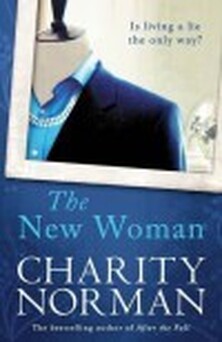
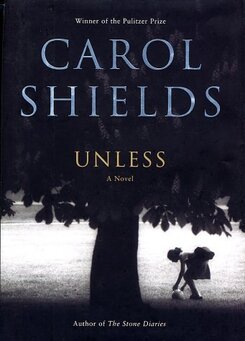
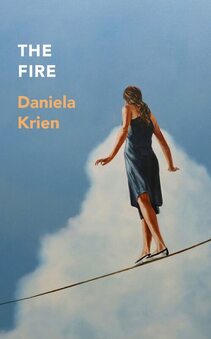
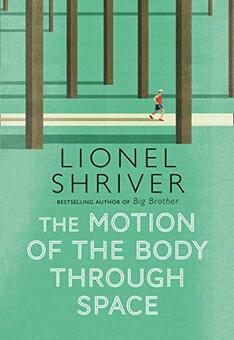
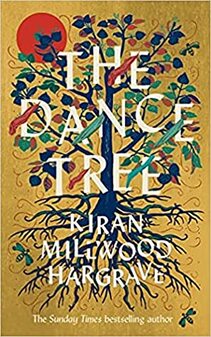
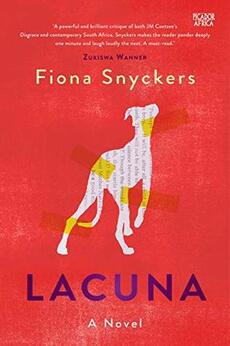
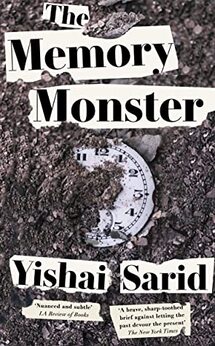
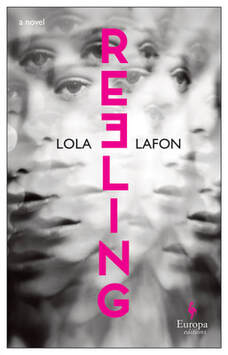
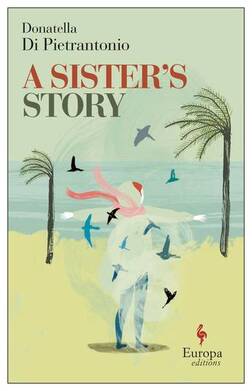
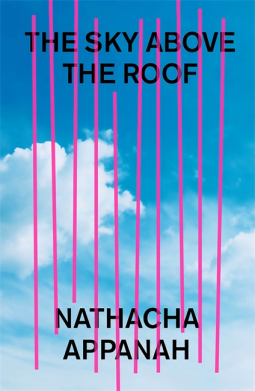
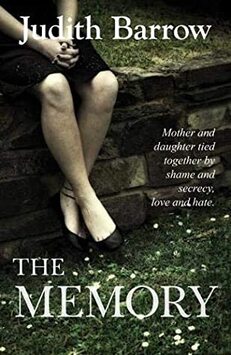
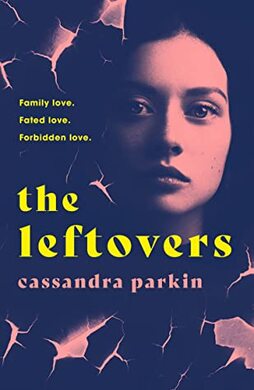
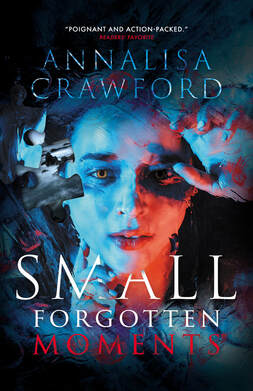
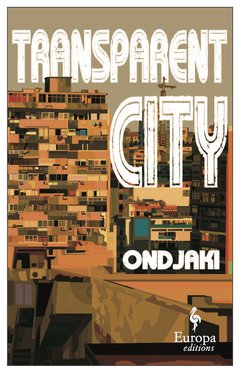
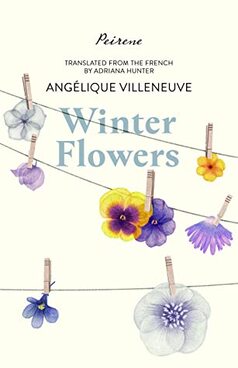
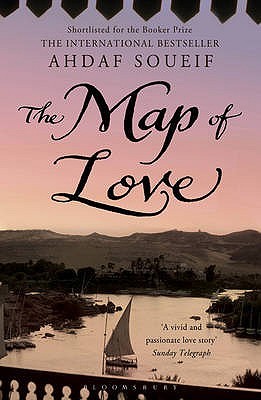
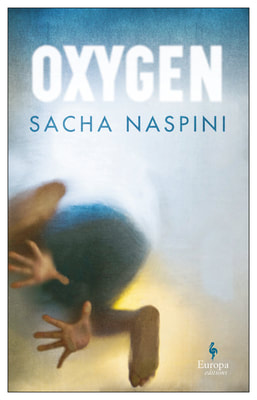
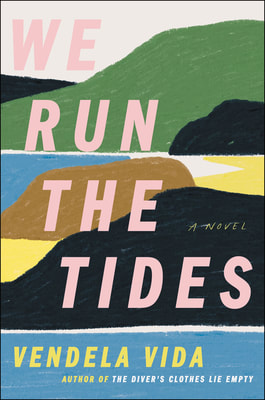
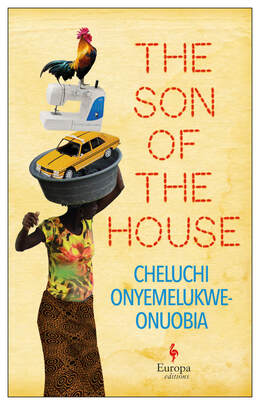
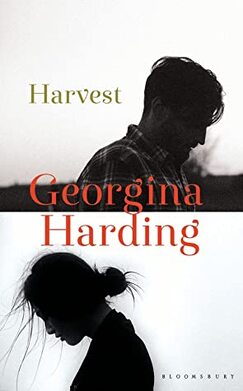
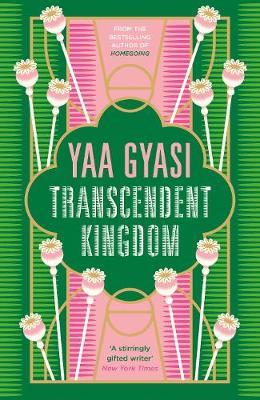
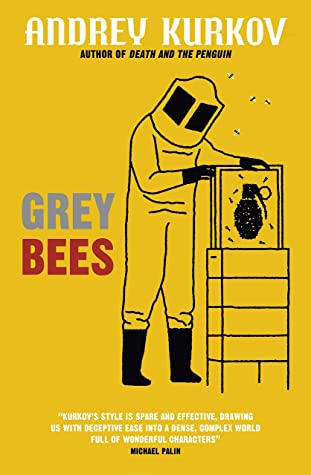
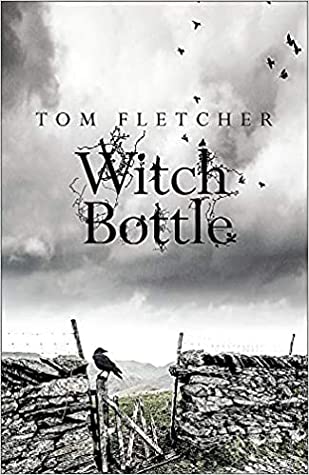
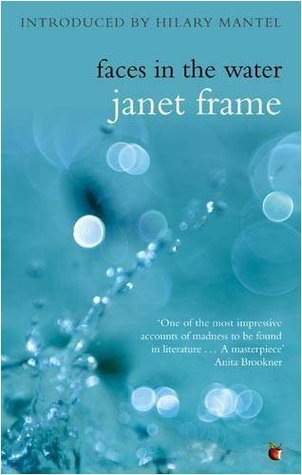
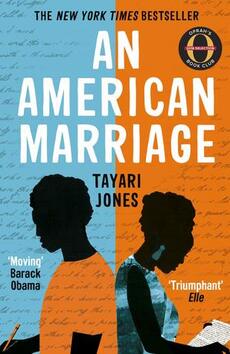
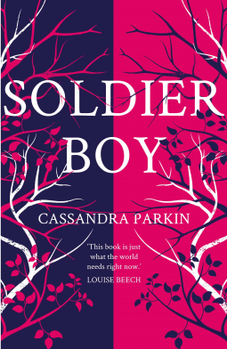
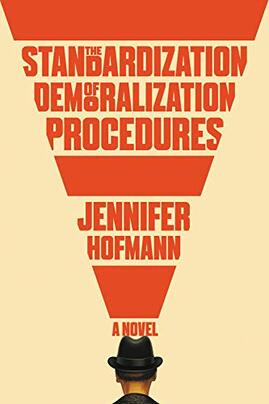
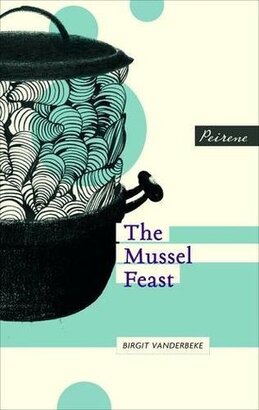
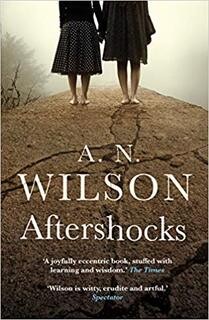
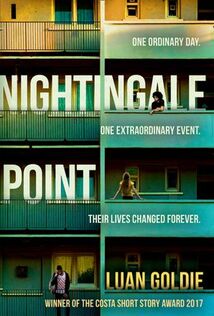
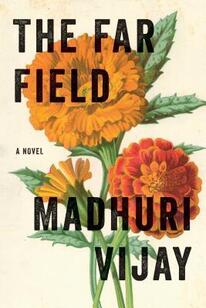
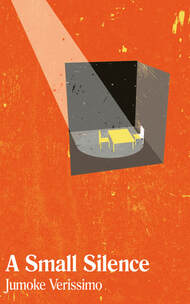
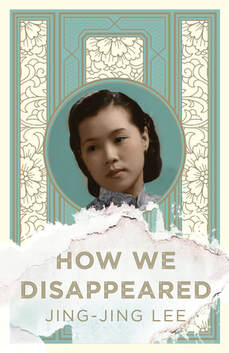
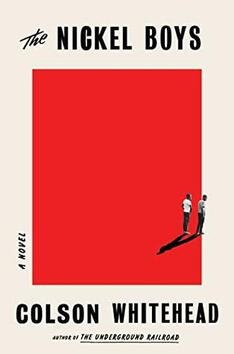
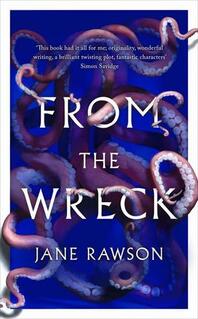
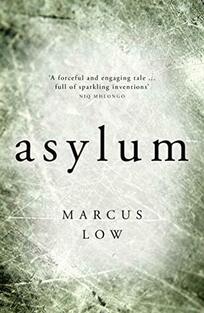
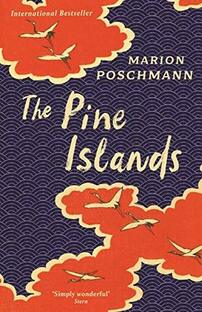
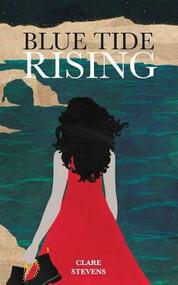
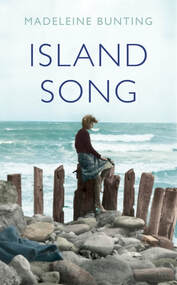
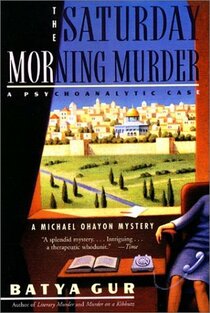
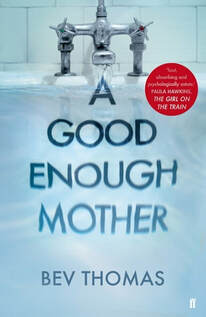
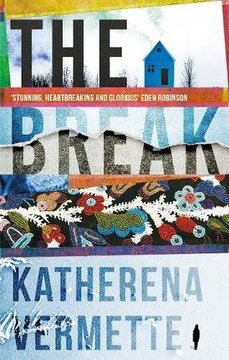
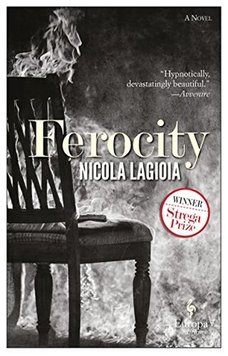
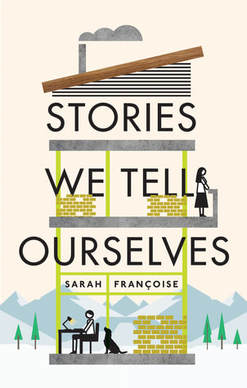
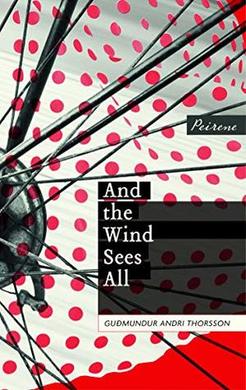
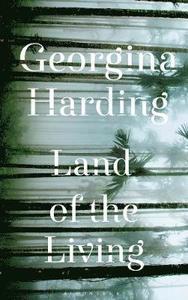
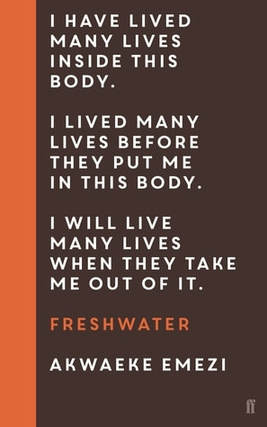
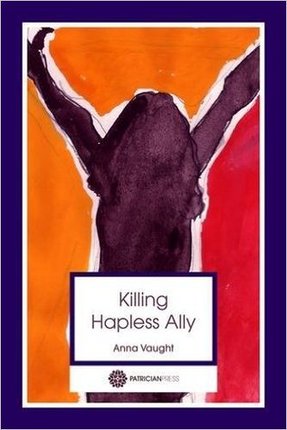
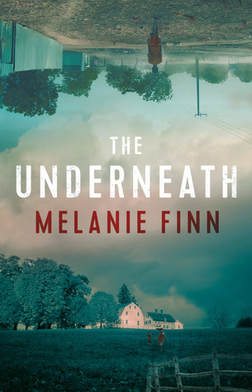
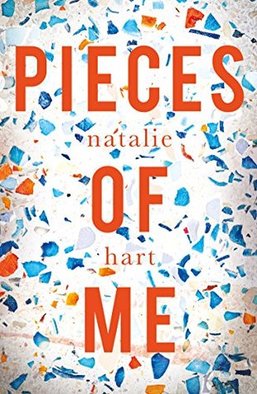





















 RSS Feed
RSS Feed





















